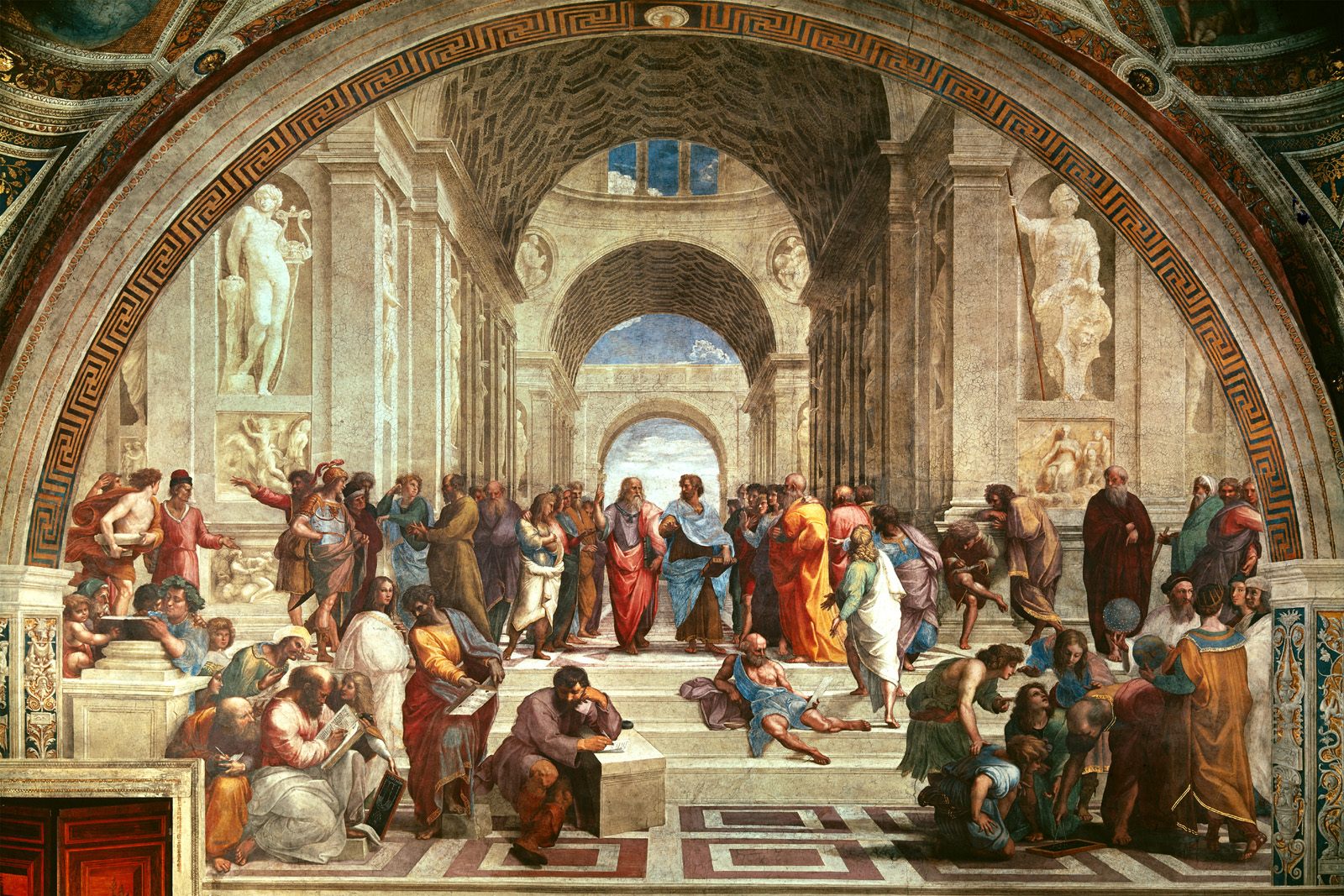This sermon was preached by Prof. Ligon Duncan during the commemoration of Reformation 500 at the Reformed Millenium Center Indonesia (RMCI), in Jakarta.
I have been asked to speak on the subject of Eschatology, which means the study of the last things. Specifically, I have been asked to speak on Reformation Eschatology: Living in Light of Christ’s Return. This is a very important theme in the Bible, and in the teachings of the great Protestant Reformers.
I have been asked to speak on the subject of Eschatology, which means the study of the last things. Specifically, I have been asked to speak on Reformation Eschatology: Living in Light of Christ’s Return. This is a very important theme in the Bible, and in the teachings of the great Protestant Reformers.
When I studied in the seminary, I had to take a course called “Eschatology and Ethics.” I wondered why those two subjects in one course. They didn’t sound like they went together. But I came to understand that the Bible teaches that we are to live the Christian life in light of the end.
John Calvin understood this. In his Geneva Catechism (1545), for instance, he wrote this: “How does Jesus resurrection benefit us?” Answer: "Threefold. For by it righteousness was acquired for us; it is also a sure pledge to us of our immortality; and even now by virtue of it we are raised to newness of life, that by living purely and holily we may obey the will of God."
“Does the fact that Jesus is to come again to judge the world bring any consolation to the believer?” Yes! For we are certain that He will appear only for our salvation because the Judge is our Advocate to defend us!”
What does “I believe in the resurrection of the body and everlasting life” teach us? It shows us that our happiness is not situated on earth. This serves two purposes. First, we learn to pass through this world as though it were a foreign country, treating lightly all earthly things and declining to set our hearts on them. Secondly, we are not to lose courage, no matter how much we fail to perceive the fruit of the grace which the LORD has created for us in Christ Jesus, but wait patiently for the time of revelation.”
You see, Calvin understood that the Bible’s teaching on the future, the Bible’s teaching on the end times, is meant to help believers live their lives now.
Let me take you to three passages: 1 Thessalonians 2:1-12, 1 Thessalonians 4:13-18, Romans 8:16-25.
In these passages we learn at least three things:
- Truth is for Life. Biblical Teaching is for Christian living. We are to live in light of the Truth of God’s Word.
- The truth of God’s Word about the future is meant to help us live the Christian life now.
- The future glory that believers will experience is meant to help us cope with present suffering.
1. Truth is for Life. Biblical Teaching is for Christian living. We are to live in light of the Truth of God’s Word.
1 Thessalonians 2:1-2, 8-12
Paul proclaimed the Gospel & taught them how to live.
"For you yourselves know, brothers, that our coming to you was not in vain."
"But though we had already suffered and been shamefully treated at Philippi, as you know, we had boldness in our God to declare to you the gospel of God in the midst of much conflict.""So, being affectionately desirous of you, we were ready to share with you not only the gospel of God but also our own selves, because you had become very dear to us."
"For you remember, brothers, our labor and toil: we worked night and day, that we might not be a burden to any of you, while we proclaimed to you the gospel of God."
"You are witnesses, and God also, how holy and righteous and blameless was our conduct toward you believers."
"For you know how, like a father with his children, we exhorted each one of you and encouraged you and charged you to walk in a manner worthy of God, who calls you into his own kingdom and glory."
"walk in a manner worthy of God
Who calls you
Into His own kingdom and glory."
Ephesians 4:1
"I therefore, a prisoner for the Lord, urge you to walk in a manner worthy of the calling to which you have been called."
Colossians 1:10
"So as to walk in a manner worthy of the Lord, fully pleasing to him, bearing fruit in every good work and increasing in the knowledge of God."
1 Thessalonians 2:12
"We exhorted each one of you and encouraged you and charged you to walk in a manner worthy of God, who calls you into his own kingdom and glory."
Philippians 1:27
"Only let your manner of life be worthy of the gospel of Christ."
2 Thessalonians 1:5
"This is evidence of the righteous judgment of God, that you may be considered worthy of the kingdom of God, for which you are also suffering."
2 Thessalonians 1:11
"To this end we always pray for you, that our God may make you worthy of his calling and may fulfill every resolve for good and every work of faith by his power."
When Paul calls them to walk in a manner worthy of God, he means for us to honor God in all that we are and do, in our relationships and activities. Live in a way that is consistent with who God is, with His calling, with His Gospel, with His kingdom.
Truth is for life shows you how to live the Christian lifend that theology is in fact, practical..
Truth is for life shows you how to live the Christian lifend that theology is in fact, practical..
Live life in light of truth. The truth of who God is, His calling of you and His Gospel.




